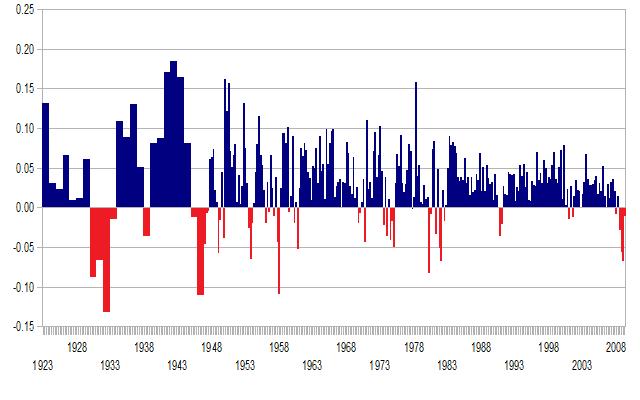What’s at Stake for Small Business Owners this Election Season
U.S. presidential elections are a marathon, not a sprint, and this race has been exceptionally grueling—both for the candidates and the public at large. But more concerned than the average U.S. citizen are small business owners, who have responded to the uncertainty by delaying new hires, forgoing new equipment orders, and avoiding all but the …
What’s at Stake for Small Business Owners this Election Season Read More »












